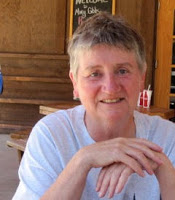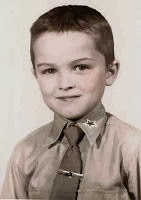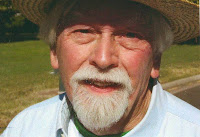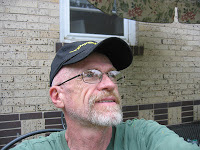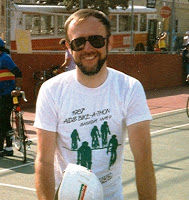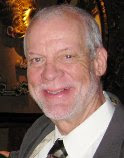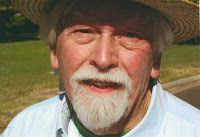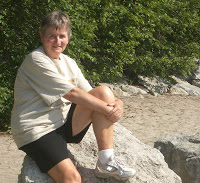I won’t be. Dancing with the stars, that is. No matter how they beg, I will not be on that show. Not, I must confess, that I have ever watched it; but I get the concept. Star-worship is just not something that has ever been in me. Living through the height of the fan-club phase, I never even thought of joining one. There are very few famous people I would cross the street to meet. It’s not that I have anything against the rich and famous and fabulously good-looking. It’s simply that they hold no fascination for me just because they are household names. Every one of us in this room has a life story that is every bit as fascinating, in it’s own way, as theirs.
Perhaps my attitude originated in my essentially TV- and movie-free childhood. I had little temptation to idolize. Or maybe it stems from my parents’ attitude towards the stars of the day: royalty, bigwigs in the Church of England hierarchy, the local landed gentry. They must always be spoken to politely, and that was where it ended. They would be respected when they earned respect. We were every bit as good as they were and there would be no figurative bowing and doffing of caps. This was a burgeoning feeling in England in the 1940’s and ’50’s when the winds of equality were blowing strong. So, when I was about twelve and Princess Margaret was to visit our school, I was a little apprehensive over my mother’s reaction to the fact that we were all taught, in some detail, the correct way to bow and curtsey, and were expected to do so. But, somewhat to my surprise, Mum was fine with it. Apparently there were certain protocols she was willing to go along with. What mattered, she explained, was not so much external expressions of deference as internal knowledge of equality. A wise woman in many ways, my mother.
What I do value is dancing with the real stars; those of the firmament, sparkling and dancing above our heads. In the days of our youth, the world was not subjected to the vast explosions of artificial light which afflict it today. In my youth we had no electricity where we lived, and no form of outdoor lighting for many miles. On a rare clear English night, often also a cold one, Mom and I would lie on our backs on the lawn, usually huddled under a blanket, and she would point out constellations to me and relate their mythical stories. She only knew a few of the commonly-familiar ones, so the rest she made up and created stories to fit the shapes she saw. Half the time I couldn’t see what she saw, it was harder than one of her other favorite pastimes of agreeing on what clouds looked like, but I went along with her imagination to hear her inventive stories. My mother was just fine as long as she remained far from any form of reality.
In college in the north of England, long before the cities overgrew the hills as they have now, a group of us sometimes went up on the dark moorlands to stargaze. We always spent a couple of hours in the pub on the way, so our imaginings were rarely inhibited.
I have stared in wonder at the starry sky above Australia, South America, and South Africa. There is something very special about the night skies of the Southern Hemisphere. The stars somehow seem so much more numerous, and so much closer than we are used to. They take my breath away.
During the twenty-five years that Betsy and I camped all over this country in out VW van, we frequently danced with the stars. Many camping spots, especially National Forest Campgrounds, are about as far as you can get from city lights these days, and perfect for communing with the heavens. For some strange reason which we never did figure out, nine times out of ten, wherever we camped, The Big Dipper appeared at night to be clearly seen from our back window. Rarely the front, hardly ever the side windows, but almost inevitably if we woke in the middle of the night there was the Dipper, above us as we lay with our heads right below the back window.
We liked to settle in well before dark, so had no idea where the Dipper would be when we chose the site and decided exactly how to park for the night. We actually never thought about it. Yet there it would be, in the night, almost as regular as clockwork.
At Randy Wren’s funeral last week, his Rector said,
“Randy lived large.”
He did. If you have any belief in an afterlife in any form, you have to think that Randy is dancing with the stars; whatever that means to you. If anyone can do it, Randy can.
Once upon a time, Frank Sinatra crooned a popular song about the stars.
It went on a couple of lines later,
As long as I have My Beautiful Betsy to hold my hand and kiss me, I shall forever dance with the stars.
© July 2017
About the Author
I was born and raised in England. After graduation from college there, I moved to the U.S. and, having discovered Colorado, never left. I have lived in the Denver-Boulder area since 1965, working for 30 years at IBM. I married, raised four stepchildren, then got divorced after finally, in my forties, accepting myself as a lesbian. I have been with my wonderful partner Betsy for thirty years. We have been married since 2013.
